Maintaining healthy eyesight is crucial for overall well-being and quality of life. Our eyes are vital for interacting with the world around us, yet they are often taken for granted. This article will explore practical tips and strategies to protect your eyesight and enhance eye health. From daily habits to dietary choices, we will cover various aspects of eye care to help you keep your vision sharp and clear.
1. Introduction
Importance of Eye Health
Eye health is essential for maintaining quality of life and overall health. Our eyes play a crucial role in daily activities, from reading and driving to enjoying nature. As we age, our vision can deteriorate, making it important to adopt practices that protect and preserve our eyesight.
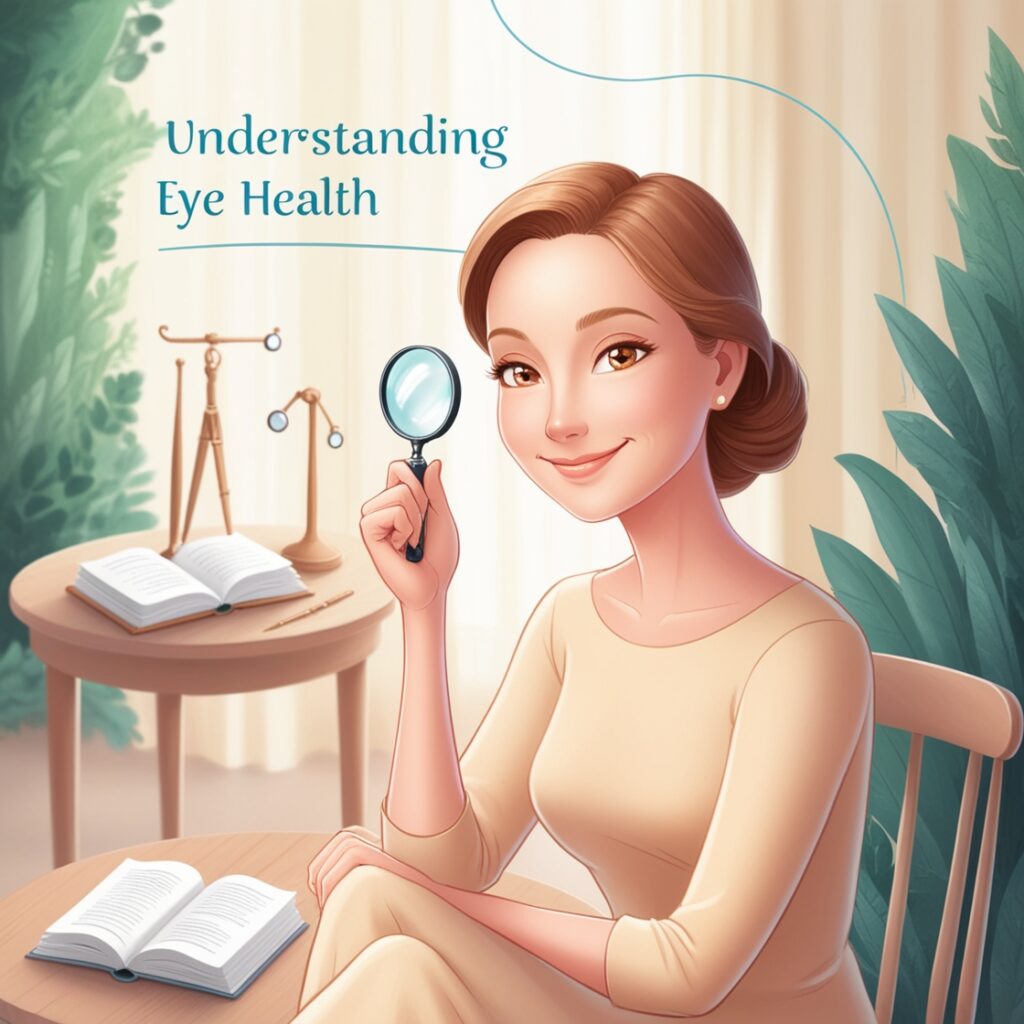
2. Understanding Eye Health
Anatomy of the Eye
The eye is a complex organ composed of several parts, including the cornea, iris, lens, retina, and optic nerve. Understanding its anatomy helps in recognizing how various factors can impact vision and eye health.
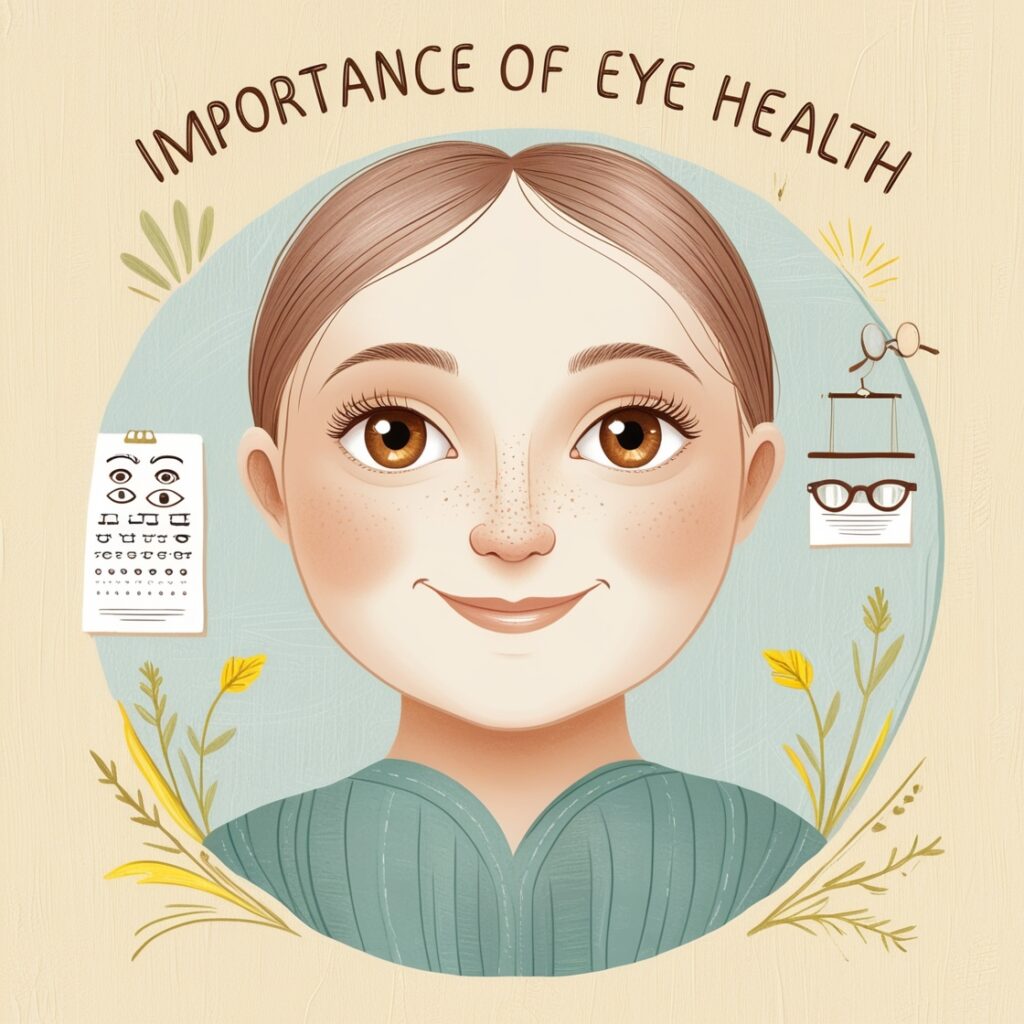
Common Eye Problems
Common issues such as nearsightedness, farsightedness, and astigmatism can affect your vision. Conditions like cataracts and glaucoma are also prevalent, particularly as people age. Recognizing these conditions early can lead to more effective treatment and management.
3. Daily Habits for Eye Protection
Importance of Regular Eye Exams
Regular eye exams are crucial for early detection of eye problems. Eye exams can uncover issues like high blood pressure or diabetes before they cause significant harm. Aim to get an eye exam every one to two years, or as recommended by your eye care professional.
Proper Lighting and Screen Use
Good lighting reduces eye strain and makes reading or working on a computer more comfortable. Position your screen to avoid glare, and use adequate lighting to prevent squinting and eye fatigue.

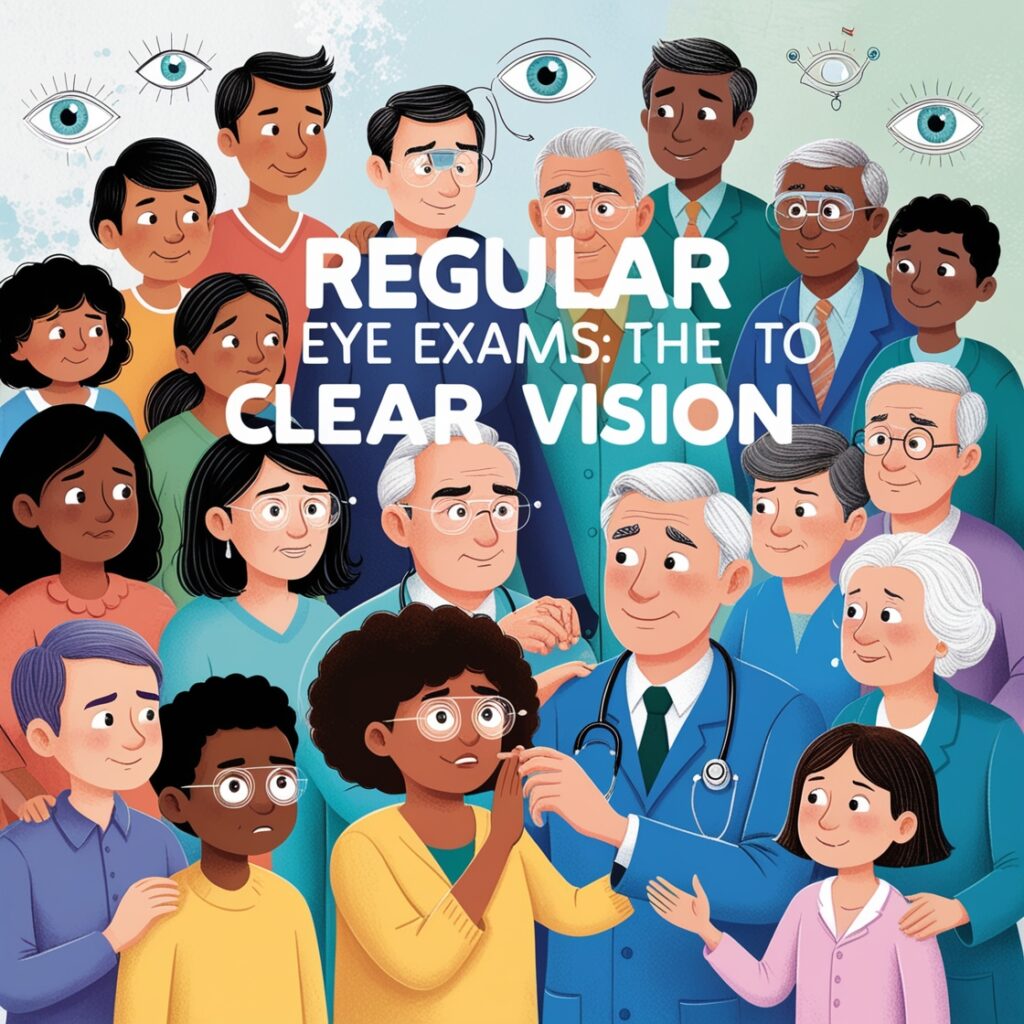
Avoiding Eye Strain
To reduce eye strain, follow the 20-20-20 rule: every 20 minutes, look at something 20 feet away for at least 20 seconds. Adjusting your screen brightness and using anti-glare filters can also help alleviate strain.
4. Nutrition and Eye Health
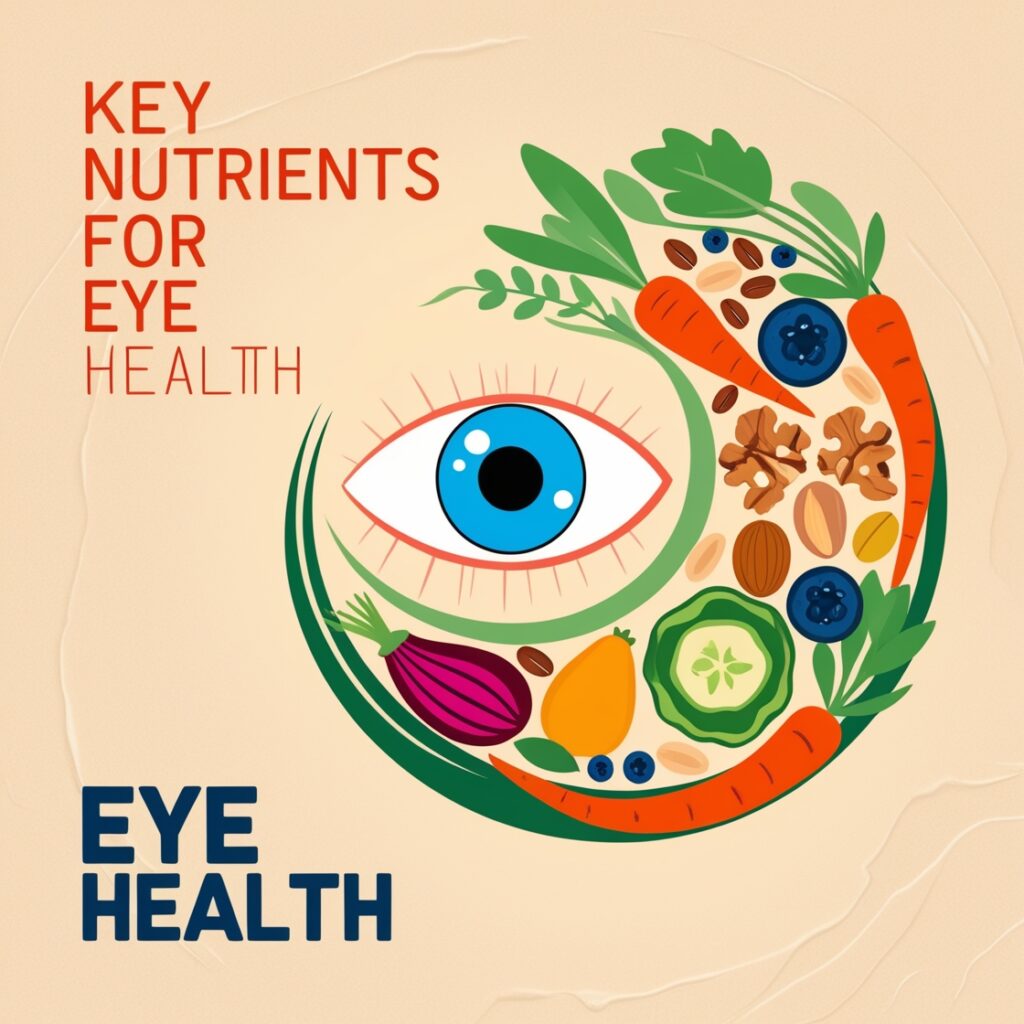
Key Nutrients for Eye Health
Certain nutrients are essential for maintaining eye health. Vitamins A, C, and E, along with minerals like zinc and omega-3 fatty acids, play significant roles in protecting the eyes from damage and maintaining overall vision.
Foods That Benefit Your Eyes
Incorporate foods rich in these nutrients into your diet. Leafy greens, carrots, nuts, and fish are excellent choices. A balanced diet not only supports eye health but also contributes to overall well-being.
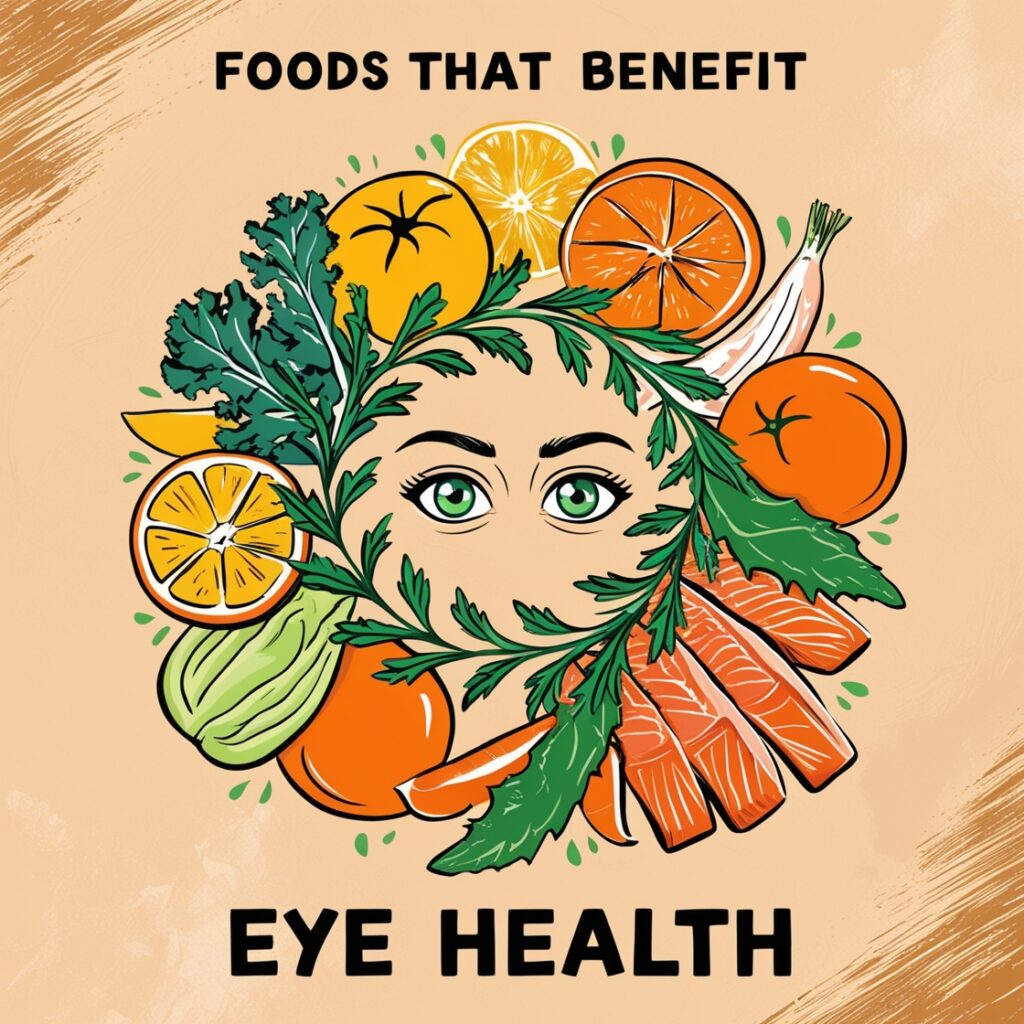
5. Protection Against Environmental Factors
UV Protection and Sunglasses
UV radiation can cause significant damage to your eyes over time, leading to conditions like cataracts and macular degeneration. Wearing sunglasses that block 100% of UV rays can help protect your eyes from harmful sunlight.
Reducing Exposure to Pollutants
Air pollution and environmental toxins can irritate the eyes and exacerbate conditions like dry eye syndrome. Use protective eyewear in polluted areas and ensure your living environment is well-ventilated to minimize exposure.
6. Lifestyle Adjustments
Managing Screen Time
Excessive screen time can lead to digital eye strain. Implementing regular breaks and adjusting your screen settings can help manage this issue. Consider using blue light filters on your devices to reduce eye fatigue.
Incorporating Eye Exercises
Eye exercises can help reduce strain and improve focus. Simple exercises like focusing on a near object and then a distant one, or rolling your eyes, can strengthen eye muscles and improve overall vision.


Importance of Regular Sleep
Adequate sleep is essential for eye health. During sleep, your eyes rest and recover from the strain of daily activities. Aim for 7-9 hours of quality sleep each night to support overall eye health.
7. Expert Insights
Insights from Ophthalmologists
Ophthalmologists emphasize the importance of proactive eye care. Regular check-ups, a healthy lifestyle, and protective measures are key to preventing vision problems and maintaining good eye health.
Case Studies on Eye Health
Case studies highlight the effectiveness of early intervention and lifestyle changes in managing eye conditions. For example, patients who adopted healthy diets and regular exercise often saw improvements in conditions like glaucoma and age-related macular degeneration.
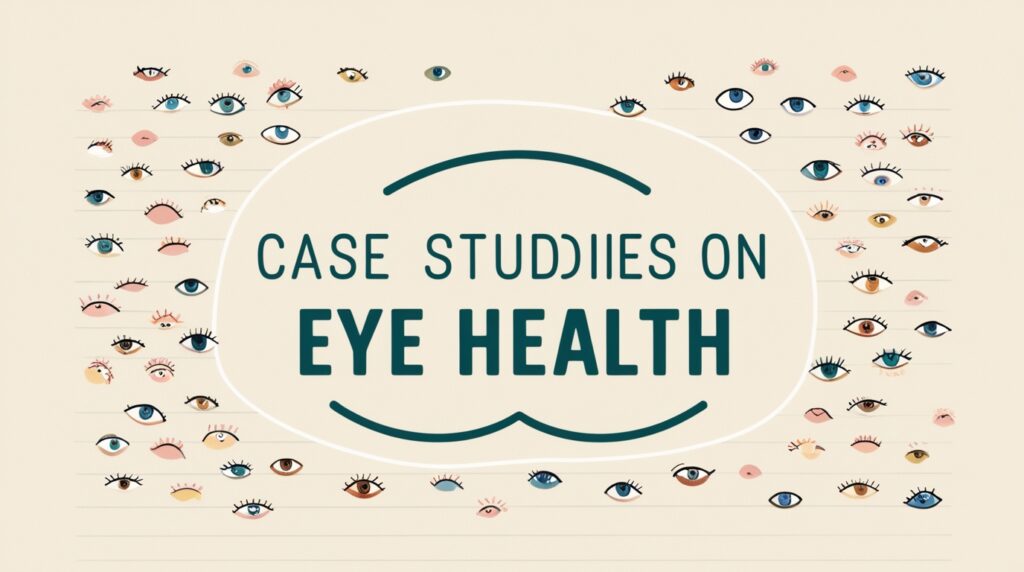
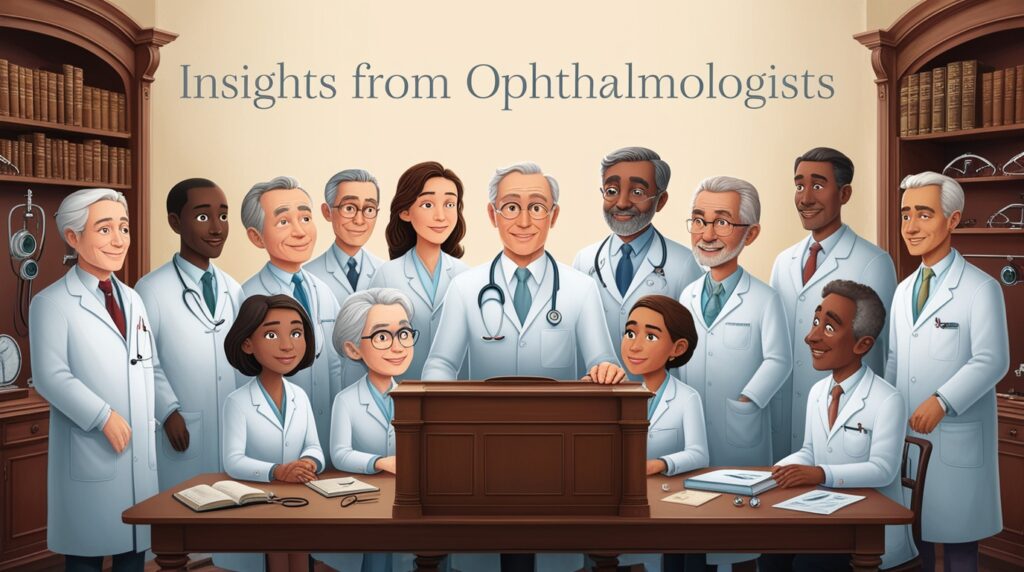
8. Future Outlook
Emerging Trends in Eye Care
Advances in technology are leading to new treatments and diagnostic tools for eye conditions. Innovations such as smart contact lenses and advanced imaging techniques are paving the way for improved eye care.
Innovative Technologies
Research into gene therapy and personalized medicine holds promise for treating genetic eye disorders and improving vision. Staying informed about these developments can help you make educated decisions about eye health.
9. Conclusion
Recap of Key Points
Protecting your eyesight involves adopting healthy habits, maintaining a balanced diet, and being proactive about eye care. Regular eye exams, proper nutrition, and protection from environmental factors are essential for preserving vision.
Final Thoughts and Recommendations
By following these tips and staying informed about eye health, you can contribute to maintaining and improving your vision. Prioritize your eye care to enjoy a better quality of life and safeguard your sight for years to come.
10. FAQs
Q1: How often should I get an eye exam?
A1: It’s recommended to have an eye exam every one to two years, or more frequently if you experience vision problems or have a family history of eye diseases.
Q2: What are the best foods for eye health?
A2: Foods rich in vitamins A, C, E, omega-3 fatty acids, and zinc, such as leafy greens, carrots, fish, and nuts, are beneficial for eye health.
Q3: How can I reduce eye strain from screen use?
A3: Follow the 20-20-20 rule, adjust screen brightness, use anti-glare filters, and take regular breaks to reduce eye strain from prolonged screen use.
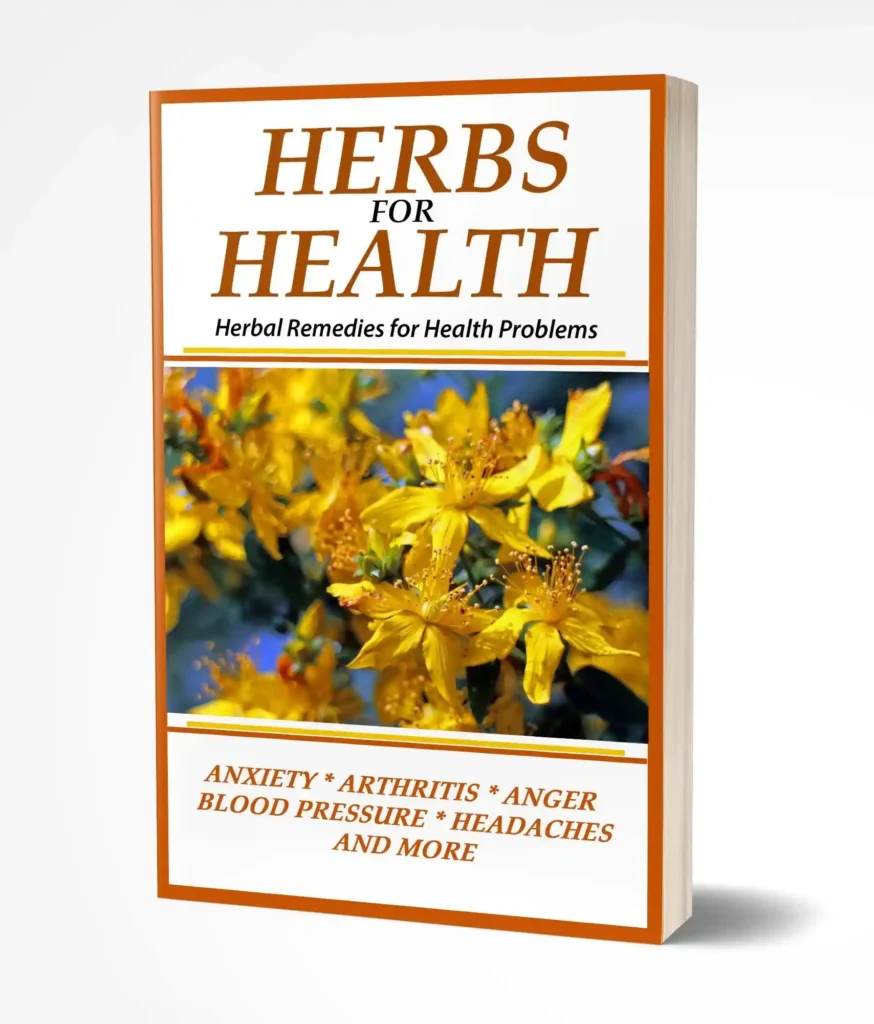
Trying to find affordable ways to care for your health can be difficult, especially when you don’t want to try the wrong remedy and cause even more damage to your body. Click here
